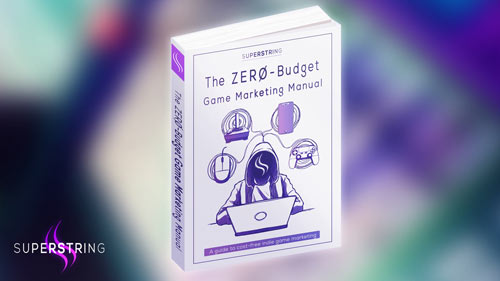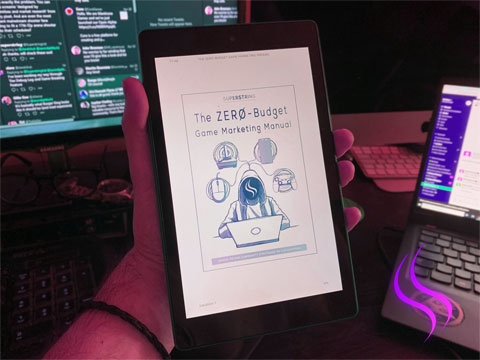Hello! My name is Jamin. By day I'm a Global Brand Manager at Square Enix. By night I run a little studio called Superstring.
I'm releasing a book soon! The Zero Budget Game Marketing Manual is a resource for indie-developers to help demystify the marketing process and offer some advice from the world of AAA games . In short, it's a guide to promoting your game without having to spend money yourself.
(The book was written off the back of a short post made here on itch.io, but I realised far more detail was going to be needed to do the topic justice)
The book is *nearly* done, and I'm hoping I've got all the bases covered, but I'm keen to add a section which addresses questions from the indie-dev community head on. If you have a specific question related to promoting your game, I may address it in the book itself; I would love to update the resource with a Q&A chapter. If you have questions or marketing challenges you'd like to see addressed, please do reach out - either here, or via marketing[at]superstring[dot]studio
(itch page for the Zero Budget Game Marketing Manual will be live upon release - stay tuned!)



